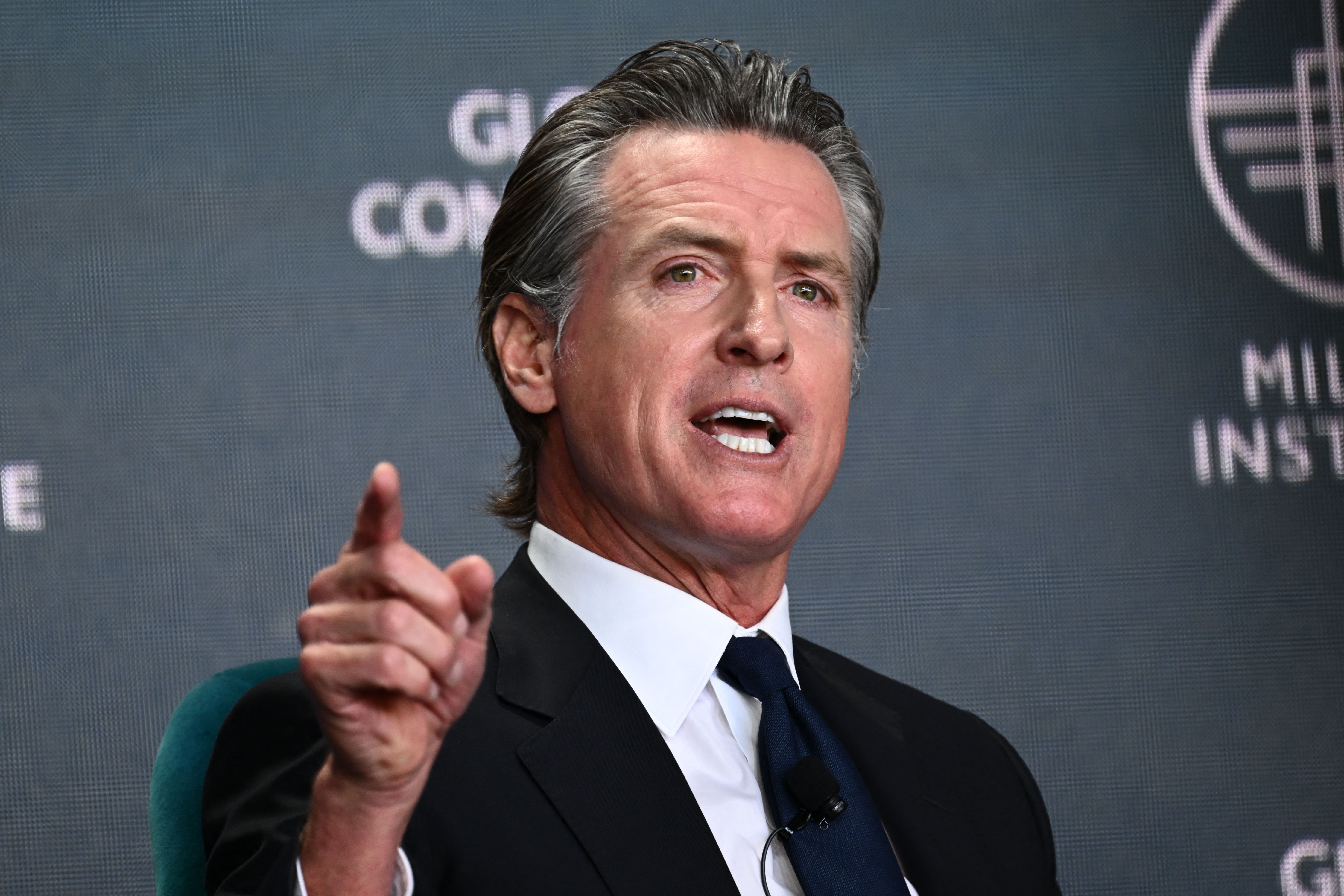The shortfall threatens to force the state’s deepest spending cuts in a decade.
California’s budget deficit has swelled to a record $68 billion after months of unexpectedly low tax revenues, a shortfall that could prompt the state’s deepest spending cuts since the Great Recession.
The latest deficit figure — calculated by the nonpartisan Legislative Analyst’s Office and released Thursday — far exceeds the $14.3 billion estimate from June. The shortfall, which is the highest in dollar terms but not as a percentage of overall spending, threatens to upend the upcoming legislative year by forcing Gov. Gavin Newsom and lawmakers to make spending cuts on a scale few term-limited elected officials in Sacramento have faced.
While not minimizing the shortfall, state budget analysts said California has options to address the deficit — including the use of cash reserves, one-time cuts in spending and changes to the way it funds education — that it didn’t have in previous downturns.



State money comes from tax payers and companies making a bunch of money. Increased interest rates (reducing spending and therefore income), and stock market dip in the middle of the year means less money. My vague understanding is that the state doesn’t have an amazing way to hold over money for the swinginess of the income the state brings in. That being said, they do store some money for this kind of situation (and did during that surplus year) but the swings can be too drastic to adequately save for based on current policies.
Another possible explanation I heard involved the tech sector, which made massive profits at the beginning of COVID and then took a dive afterwards when people started venturing out of the house and using their services less. It’s not the only factor in the revenue loss, of course, but I bet it was a not-insignificant chunk of change.